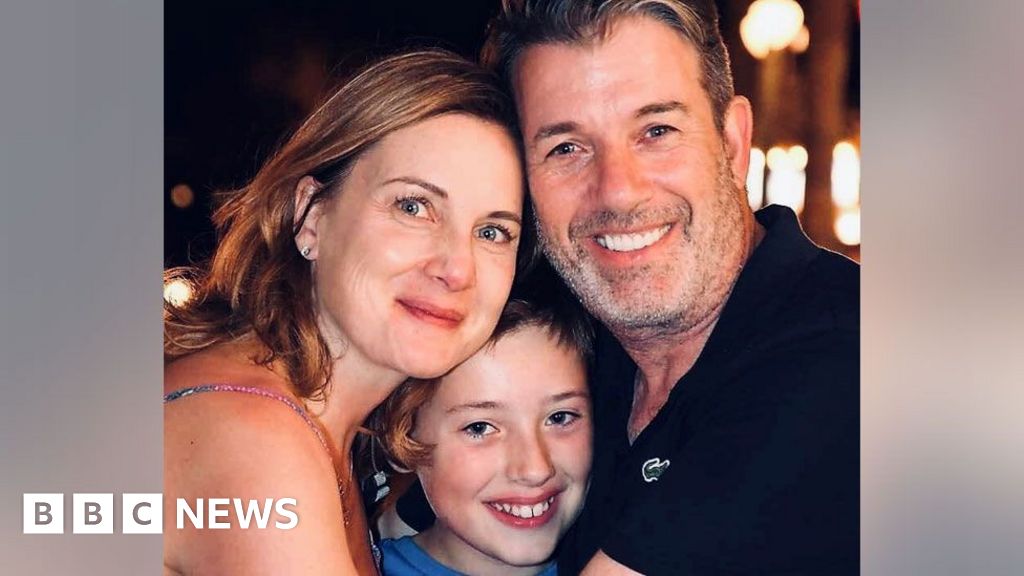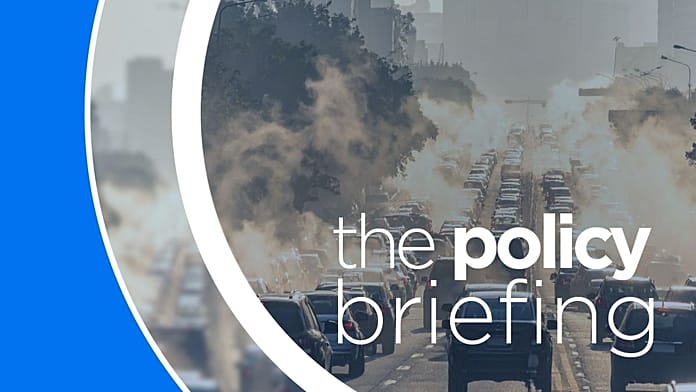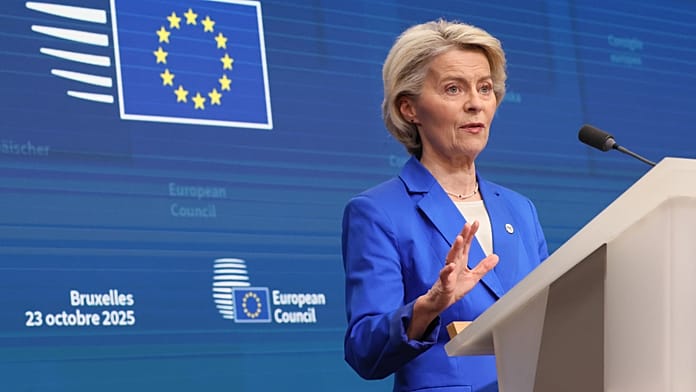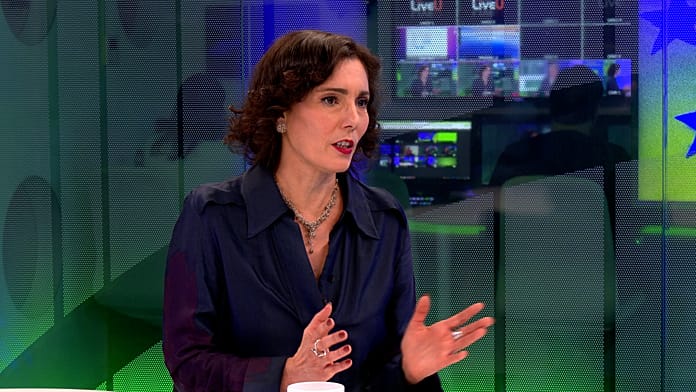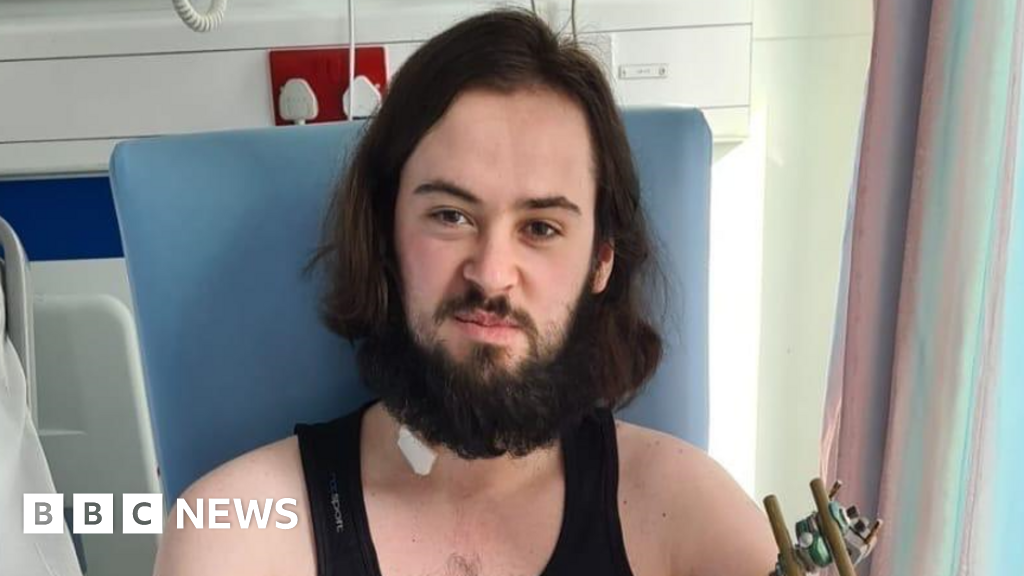Bank of England ‘should have cut interest rates today but they acted too late again’ says former adviser
A former adviser to the Bank of England has slammed the decision to maintain interest rates at a 15-year high again today, following an overall trend of inflation easing of late.Economics expert Dr Roger Gewolb, head of the Campaign for Fair Finance, hit out at the central bank’s governor Andrew Bailey for “acting too late”.According to Dr Gewolb, interest rates should never have hit the current level, and instead have peaked at 4.50 per cent.The bank hiked interest rates 14 consecutive times between December 2021 and August 2023 and has held them ever since, in a bid to ease inflation.WATCH NOW: Dr Roger Gewolb slams Bank of England decisions ahead of today's announcement Consumer Prices Index (CPI) inflation surged in recent years, peaking at 11.1 per cent in October 2022.It has been easing since, falling to 3.9 per cent in the year to November 2023, although official figures show CPI inflation increased by four per cent in December.Dr Gewolb said: “The Bank of England had enough positive data to immediately decrease interest rates from 5.25 per cent to at least five per cent today.“However, Andrew Bailey and his team have chosen to persist with their stubborn and misguided monetary policy.“It seems that Mr Bailey simply cannot break his long–established habit of acting too late; he waited too long to begin raising interest rates, and now he’s doing the same thing on the other side.”Alongside economist Catherine McBride and other independent experts, Dr Gewolb has been urging the central bank to cut interest rates immediately, since the first rate hike.Dr Gewolb said: “They have already tightened monetary policy far too much, once again acting too late, which they already did in the past by keeping interest rates too low before finally increasing them too quickly.“Their approach was too aggressive, causing a series of economic shocks that have worsened our economy and hindered our growth prospects. “And, as I have been saying for over a year, we have non-– consumer–driven inflation, so interest rate rises – all 14 of them – were never going to curb inflation anyway.”The economics and finance expert said interest rate changes can take up to 12 to 18 months to have a full impact, and believes the UK is still waiting for previous hikes to feed through in full.He said: “Right now money growth is low, it is a difficult economic environment, but inflation is falling, and they should start lowering rates earlier than only when reaching their inflation target or the risk is great of overdoing it.“I fail to see why interest rates should still be kept high for much longer. “They have not been effective, falling petrol prices led to a decline in inflation recently, which dropped to 3.9 per cent - the lowest rate in two years, well below Rishi Sunak's target of five per cent by year-end.”Dr Gewolb claimed the fall in inflation had nothing to do with steps Chancellor Jeremy Hunt, Prime Minister Rishi Sunak or Mr Bailey have taken to try to curb inflation.He said: “The decrease in borrowing is not due to a sudden surge in financial responsibility or a boost in wealth among households and firms. Rather, it is a result of their inability to afford borrowing. “This has led to reduced spending and investment capacity, which is evident from the recent sales and manufacturing data. Every day I see people with mortgages increasing by as much as £1,000 a month and businesses, failing all over the place after many decades of success. “All of this damage and misery sit squarely on the shoulders of the Bank of England.”LATEST DEVELOPMENTS:1.1 million to see ‘devastating’ mortgage rise of £240 a month‘Excessive’ 9.34 per cent council tax rise needs referendum, MPs say‘Attractive’ tax-free account could help 1.4 million customers at risk of tax billThe Bank today signalled it could start thinking about cutting borrowing costs this year, in a subtle but important shift in language.One central bank policymaker, Swati Dhingra voted to cut interest rates to five per cent today, marking the first time since the COVID-19 pandemic that a member of the nine-strong MPC has called for a rate cut.Andrew Bailey, the Bank’s Governor, said: “We have had good news on inflation over the past few months. It has fallen a long way, from 10 per cent a year ago to four per cent.“But we need to see more evidence that inflation is set to fall all the way to the two per cent target, and stay there, before we can lower interest rates.”A new forecast by the Bank suggested its inflation target of two per cent could be met significantly earlier than previously thought.The latest MPC projections said the rate of CPI inflation is set to drop to two per cent between April and June this year – 18 months earlier than previous forecasts.However, it’s only forecast to hit this level temporarily and could rise to 2.8 per cent by the start of next year.
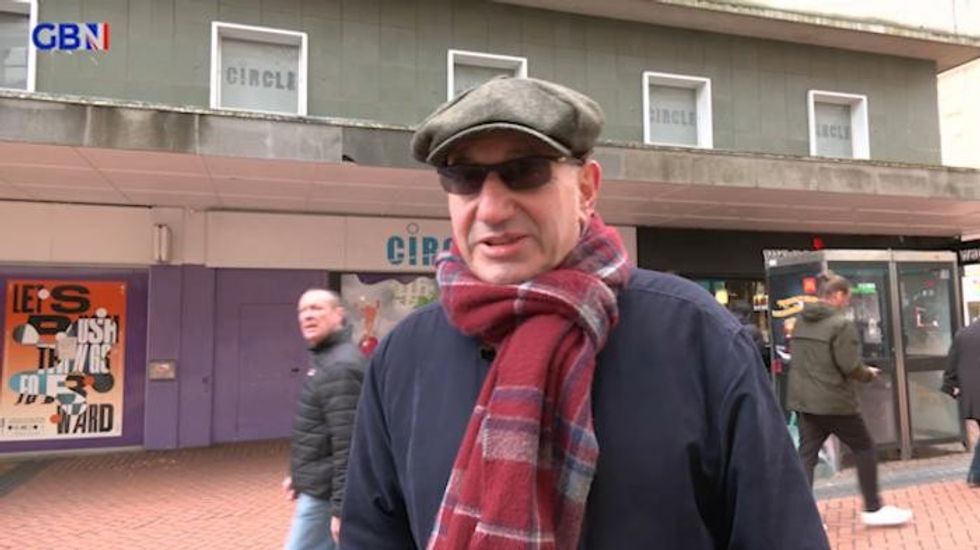
A former adviser to the Bank of England has slammed the decision to maintain interest rates at a 15-year high again today, following an overall trend of inflation easing of late.
Economics expert Dr Roger Gewolb, head of the Campaign for Fair Finance, hit out at the central bank’s governor Andrew Bailey for “acting too late”.
According to Dr Gewolb, interest rates should never have hit the current level, and instead have peaked at 4.50 per cent.
The bank hiked interest rates 14 consecutive times between December 2021 and August 2023 and has held them ever since, in a bid to ease inflation.
WATCH NOW: Dr Roger Gewolb slams Bank of England decisions ahead of today's announcement
Consumer Prices Index (CPI) inflation surged in recent years, peaking at 11.1 per cent in October 2022.
It has been easing since, falling to 3.9 per cent in the year to November 2023, although official figures show CPI inflation increased by four per cent in December.
Dr Gewolb said: “The Bank of England had enough positive data to immediately decrease interest rates from 5.25 per cent to at least five per cent today.
“However, Andrew Bailey and his team have chosen to persist with their stubborn and misguided monetary policy.
“It seems that Mr Bailey simply cannot break his long–established habit of acting too late; he waited too long to begin raising interest rates, and now he’s doing the same thing on the other side.”
Alongside economist Catherine McBride and other independent experts, Dr Gewolb has been urging the central bank to cut interest rates immediately, since the first rate hike.
Dr Gewolb said: “They have already tightened monetary policy far too much, once again acting too late, which they already did in the past by keeping interest rates too low before finally increasing them too quickly.
“Their approach was too aggressive, causing a series of economic shocks that have worsened our economy and hindered our growth prospects.
“And, as I have been saying for over a year, we have non-– consumer–driven inflation, so interest rate rises – all 14 of them – were never going to curb inflation anyway.”
The economics and finance expert said interest rate changes can take up to 12 to 18 months to have a full impact, and believes the UK is still waiting for previous hikes to feed through in full.
He said: “Right now money growth is low, it is a difficult economic environment, but inflation is falling, and they should start lowering rates earlier than only when reaching their inflation target or the risk is great of overdoing it.
“I fail to see why interest rates should still be kept high for much longer.
“They have not been effective, falling petrol prices led to a decline in inflation recently, which dropped to 3.9 per cent - the lowest rate in two years, well below Rishi Sunak's target of five per cent by year-end.”
Dr Gewolb claimed the fall in inflation had nothing to do with steps Chancellor Jeremy Hunt, Prime Minister Rishi Sunak or Mr Bailey have taken to try to curb inflation.
He said: “The decrease in borrowing is not due to a sudden surge in financial responsibility or a boost in wealth among households and firms. Rather, it is a result of their inability to afford borrowing.
“This has led to reduced spending and investment capacity, which is evident from the recent sales and manufacturing data. Every day I see people with mortgages increasing by as much as £1,000 a month and businesses, failing all over the place after many decades of success.
“All of this damage and misery sit squarely on the shoulders of the Bank of England.”
LATEST DEVELOPMENTS:
- 1.1 million to see ‘devastating’ mortgage rise of £240 a month
- ‘Excessive’ 9.34 per cent council tax rise needs referendum, MPs say
- ‘Attractive’ tax-free account could help 1.4 million customers at risk of tax bill
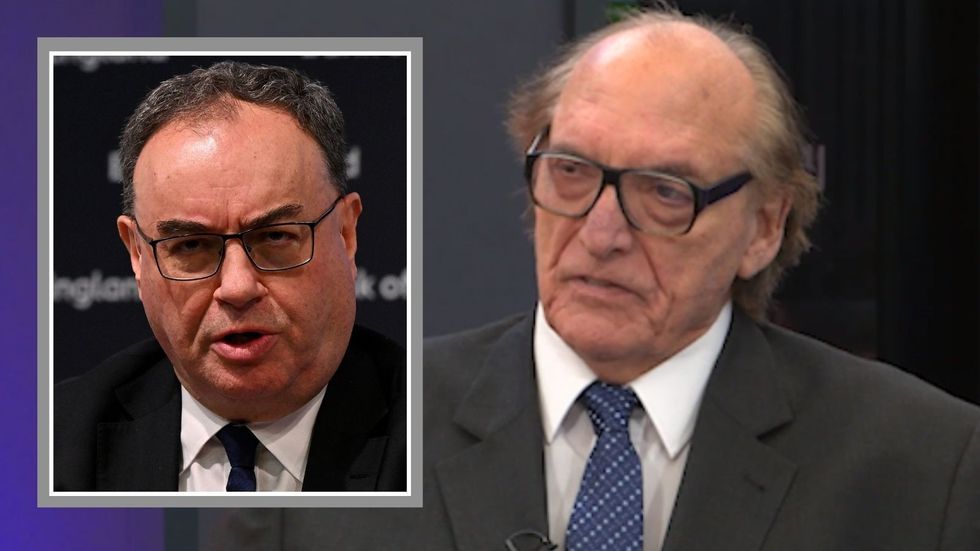
The Bank today signalled it could start thinking about cutting borrowing costs this year, in a subtle but important shift in language.
One central bank policymaker, Swati Dhingra voted to cut interest rates to five per cent today, marking the first time since the COVID-19 pandemic that a member of the nine-strong MPC has called for a rate cut.
Andrew Bailey, the Bank’s Governor, said: “We have had good news on inflation over the past few months. It has fallen a long way, from 10 per cent a year ago to four per cent.
“But we need to see more evidence that inflation is set to fall all the way to the two per cent target, and stay there, before we can lower interest rates.”
A new forecast by the Bank suggested its inflation target of two per cent could be met significantly earlier than previously thought.
The latest MPC projections said the rate of CPI inflation is set to drop to two per cent between April and June this year – 18 months earlier than previous forecasts.
However, it’s only forecast to hit this level temporarily and could rise to 2.8 per cent by the start of next year.























